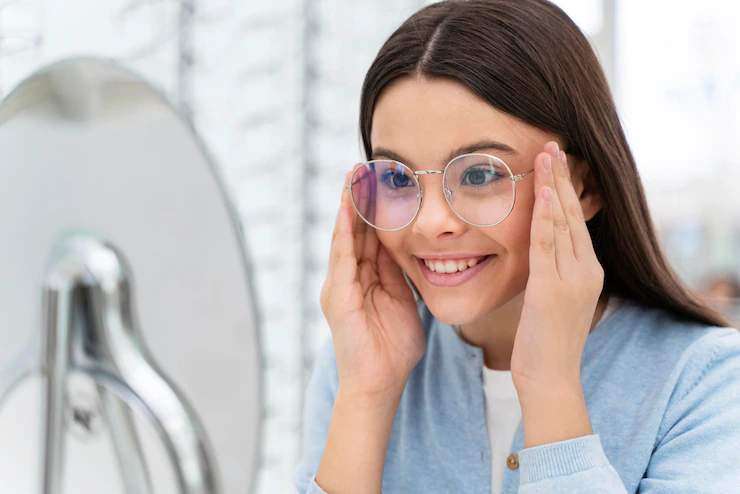Of your five senses, which one are you most afraid of losing? If you’re like most people, your answer is your ability to see. Because our eyesight is so precious, it’s no wonder that myths abound about what can damage our eyes — and what can protect them. According a Special Health Report from Harvard Medical School, find below five common myths — and tell you how to truly keep your eyes healthy.

Myth: Doing eye exercises will delay the need for glasses.
Fact: Eye exercises will not improve or preserve vision or reduce the need for glasses. Your vision depends on many factors, including the shape of your eyeball and the health of the eye tissues, neither of which can be significantly altered with eye exercises.
Myth: Reading in dim light will worsen your vision.
Fact: Dim lighting will not damage your eyesight. However, it will tire your eyes out more quickly. The best way to position a reading light is to have it shine directly onto the page, not over your shoulder. A desk lamp with an opaque shade pointing directly at the reading material is ideal.
Myth: Carrots are the best food for the eyes.
Fact: Carrots, which contain vitamin A, are indeed good for the eyes. But fresh fruits and dark green leafy vegetables, which contain more antioxidant vitamins such as C and E, are even better. Antioxidants may even help protect the eyes against cataracts and age-related macular degeneration. Just don’t expect them to prevent or correct basic vision problems such as nearsightedness or farsightedness.
Myth: It’s best not to wear glasses or contact lenses all the time. Taking a break from them allows your eyes to rest.
Fact: If you need glasses or contacts for distance or reading, use them. Not wearing your glasses will strain your eyes and tire them out instead of resting them. However, it will not worsen your vision or lead to eye disease.
Myth: Staring at a computer screen all day is bad for the eyes.
Fact: Using a computer does not damage your eyes. However, staring at a computer screen all day can contribute to eyestrain or tired eyes. People who stare at a computer screen for long periods tend not to blink as often as usual, which can cause the eyes to feel dry and uncomfortable. To help prevent eyestrain, adjust the lighting so it doesn’t create a glare or harsh reflection on the screen, rest your eyes briefly every 20 minutes, and make a conscious effort to blink regularly so that your eyes stay well lubricated.
More information about keeping your eyes healthy, you can find in The Aging Eye, a Special Health Report from Harvard Medical School.



